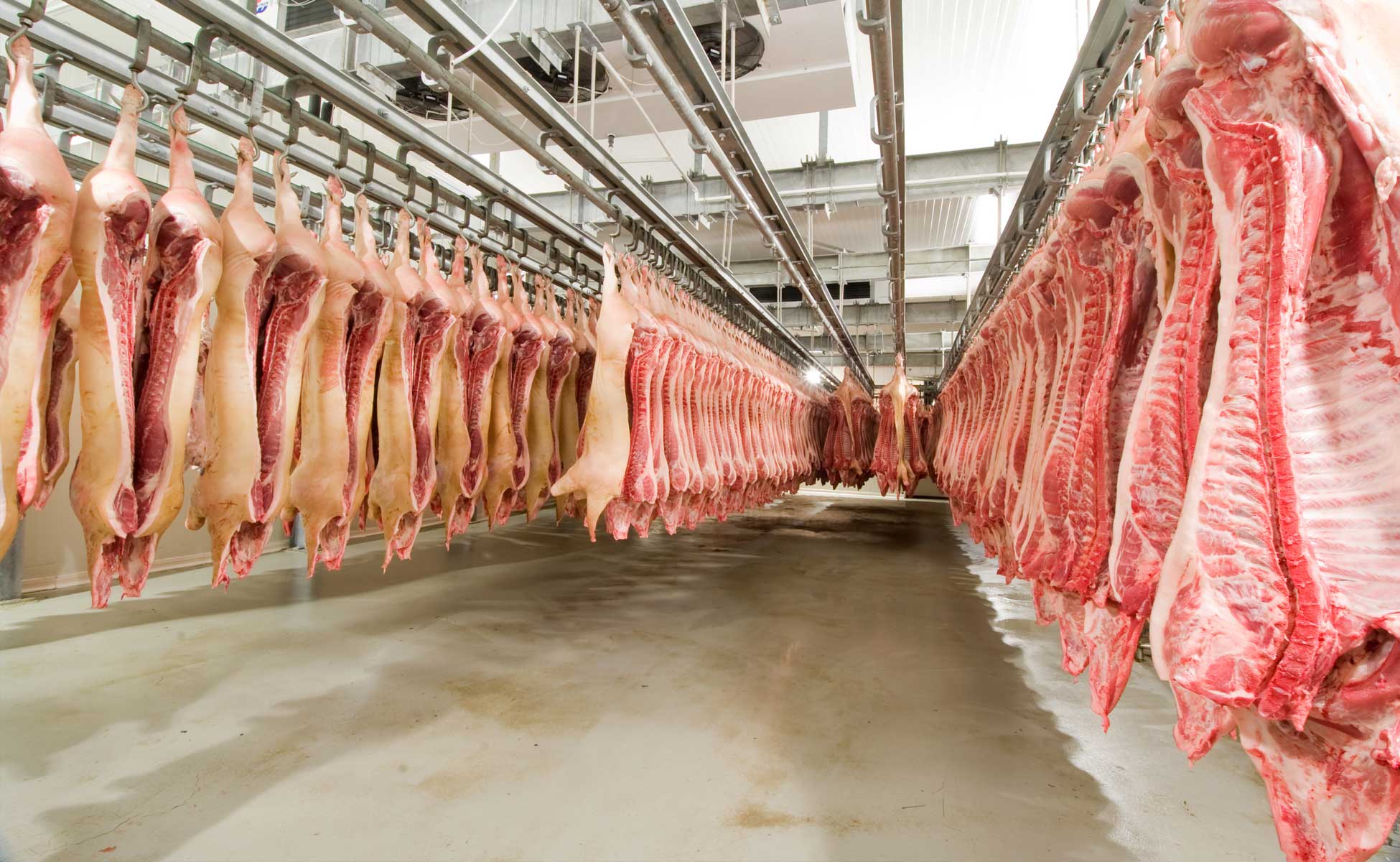
The recent turmoil created by the US government’s aggressive approach to addressing what it sees as unfair and exploitative trade imbalances with its trading partners worldwide has certainly caught everyone’s attention and the additional 10% tariff imposed on the UK is not insignificant.
There is no doubt that, for the UK pork sector, the US is an important market. While a great deal of political attention has been focussed on securing access for beef over the last few years, success there has been limited, whereas UK pork exports to the US have been a real success story.
While volumes are relatively modest, accounting for some 5,400 tonnes of fresh and frozen pork in 2024, the value of this trade is some £19 million, and at around £3,500 per tonne these values are some 75% higher than the average for all fresh and frozen pork exports.
I appreciate that averages are a dangerous thing as they do not fairly represent what is exported where or costs of production, but it is a reasonable indicator that the US is high value market where a premium is paid for pork which is anti-biotic free, high welfare etc. It is also the case that this is valuable business for British businesses, and they are keen to protect it, but given where this product is positioned, a modest increase in tariffs may not significantly damage this high-end trade.
Much more damaging, however, is the continued burden on UK exporters on their trade with the EU as a direct consequence of Brexit and when looking at where the priorities lie, easing and preferably removing this burden far outweighs any other.
But our exporters face a significant regulatory and cost burden to supply our nearest and most valuable market.
A study produced for the Scottish Government by the Andersons Centre in July 2023 which put this cost for the additional charges associated with post Brexit requirement from export health certification to agent’s fees, customs declarations, border checks etc. at approximately £1600 per 18 tonne load, based on market prices at that time.
More recent feedback from BMPA members and subsequent research would indicate that this would be at the low end of costs and assumes that consignments clear the processes at border control posts without any stopping or delays. If loads are physically checked, samples taken or there are issues, the costs can be much higher exceeding £2,300 per load and up! If a consignment is held, unloaded for checks, rejected, and sent back these costs quicky escalate and exceed £10,000.
To put this into context, a cost of £2,000 per 18 tonne load on a consignment of fresh pork to the EU worth, say £40,000 represents an ad-valorem equivalent duty (AVE) of 5%, a level which puts a US tariff of 10% into context given that we have a ‘free’ trade agreement with the EU. Not so free, it seems.
Even these costs do not paint the full picture. The BMPA member companies that export – and that is most of them – have had to create teams, dozens of people, solely to deal with all the process and complexity associated with export to the EU. It is worth pointing out that for many smaller businesses that simply do not have these resources it has made exporting difficult if not quite impossible.
Worst of all this investment is not to add value or for business expansion, but simply to certify and prove compliance EU regulations. Something they do anyway. It is a pre-requisite of supplying the EU that we fully comply with EU requirements so even if the UK were to choose to diverge, which thus far it has not done to any significant level, we would have to have supply chains that were EU compliant to supply the EU and therefore it makes little sense to do so.
We know that the government is working hard to reach a ‘re-set’ deal with the EU, and it is crucial that this includes an agreement which removes the regulatory burden and complexity. The way to do that is to have SPS alignment with the EU. Anything less than this will not remove most of the costs we currently face. These are costing the British pig industry close to an additional £14 million per annum on the 125,000 tonnes of pork and pork products we export to the EU. Removing them would go a long way to softening the blow of potential tariffs imposed elsewhere!
We are the UKs largest trade body for the meat industry and provide expert advice on trade issues, bespoke technical advice and access to government policy makers
We are proud to count businesses of all sizes and specialties as members. They range from small, family run abattoirs serving local customers to the largest meat processing companies responsible for supplying some of our best-loved brands to shops and supermarkets.
We are further strengthened by our associate Members who work in industries that support and supply our meat processing companies.
We are the voice of the British meat industry.

17 Clerkenwell Green
Clerkenwell, EC1 0DP
Tel: 020 7329 0776